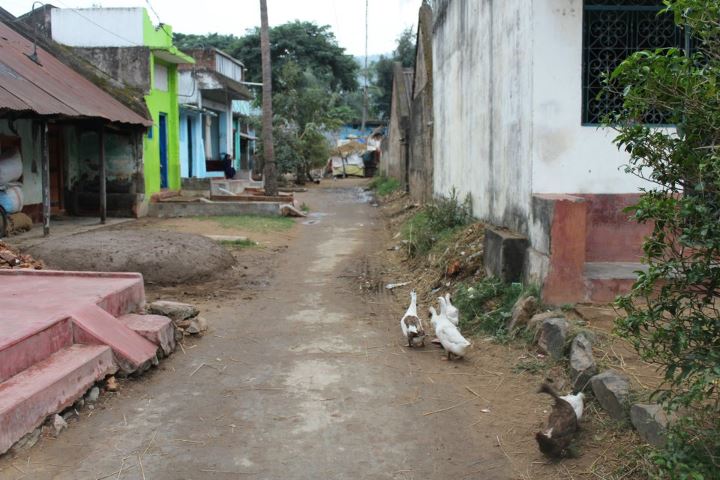India Suspends Foreign NGO Funding

The Indian government has recently taken a stab at trying to stop dissenting voices within the country. But in order to do this, it must also actively dismiss the plight of those who have it the worst in
NGOs within the country work on many levels. Sometimes they become involved politically, such as in a recent case where they attempted to bring awareness to the public of lax safety precautions within a nuclear power plant. For the most part, however, they involve themselves in less political work, such as helping to defend the rights of homeless people. The tasks that NGOs take on usually consist of the things that the Indian government is unwilling to unable to do, generally concerning human rights. NGOs are so prolific, in fact, that they bring an estimated $2 billion into the country each year.
But the political side of the NGO coin is causing complications for the government and its plans for developing the country. Annoyed by the delays that activists are causing, the government chose to directly attack their source of funding. The end result, a dozen large NGOs and more than almost 4000 smaller ones had their ability to receive foreign donations revoked on the basis that they were “working against the public interest”. If feeding homeless people isn’t in the public interest, I’m not quite sure what is.
One victim of this attack is the Indian Social Action Forum (Insaf), a network of more than 700 NGOs that use their influence to get many things done, from helping indigenous people to get more rights over the minerals on their lands to raising awareness of human rights violations and religious persecution. They also happen to be involved in the nuclear plant protests and so made perfect targets for the crackdown.
Needless to say, Indian citizens are not happy with this and have been accusing the government of attacking their ability to have social protests. In a country that claims to be a democracy, the removal of one of the chief systems in place for people to make their voice heard is anything but ideal. Letting poor and abused people become collateral damage in this political war is irresponsible. Apparently, the lower-class is expendable when it comes to the visions of those in power.
Impoverished Indian neighborhood photo courtesy of Vasu Dev via Wikicommons

0 comments